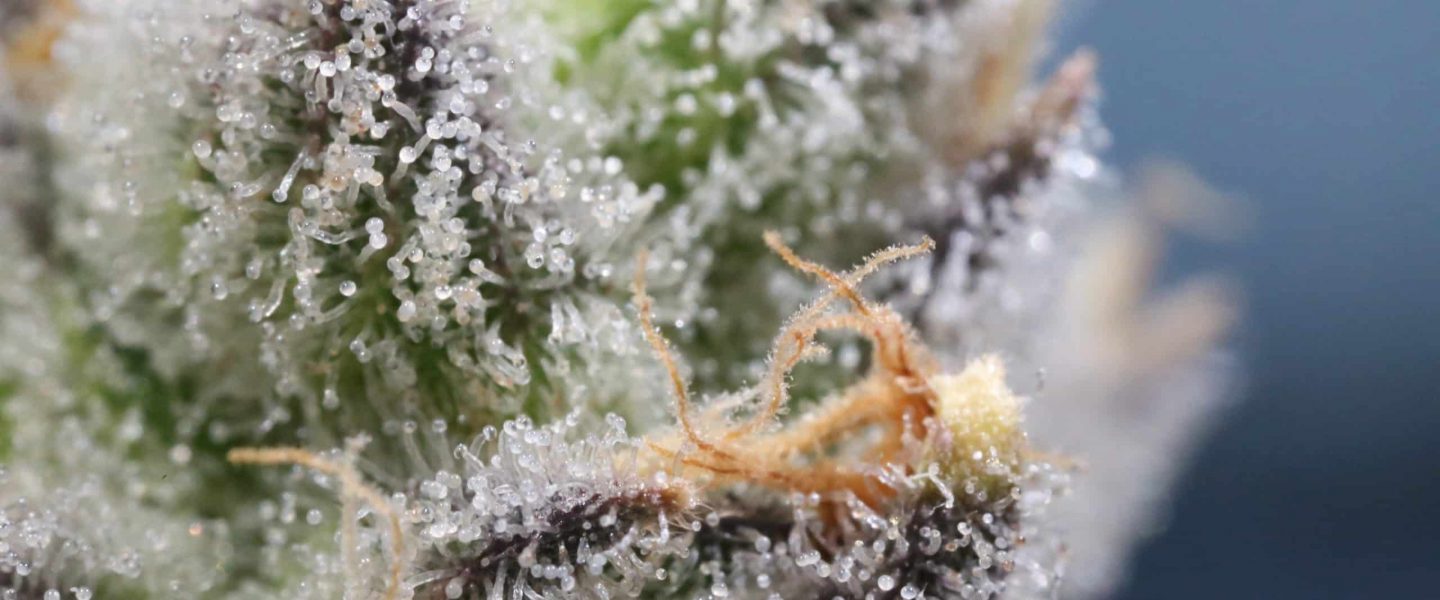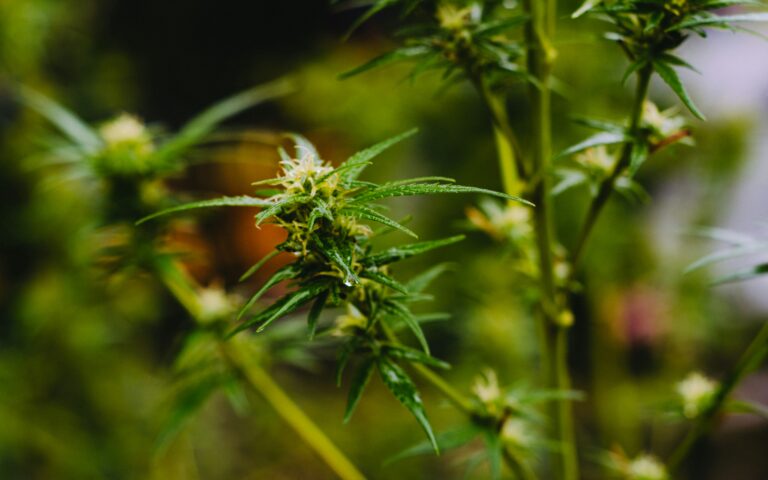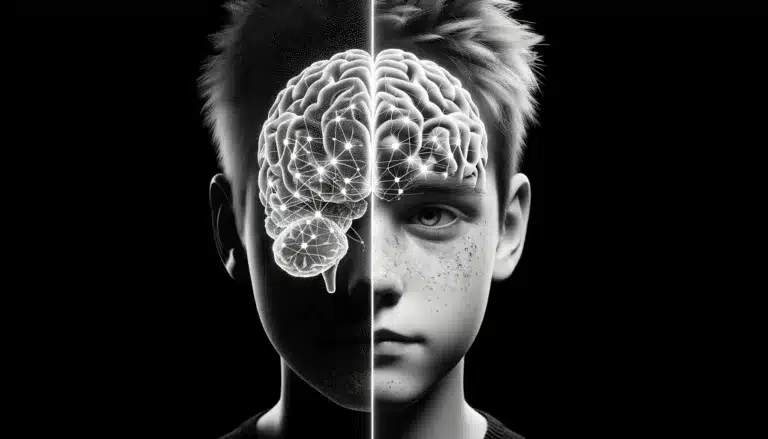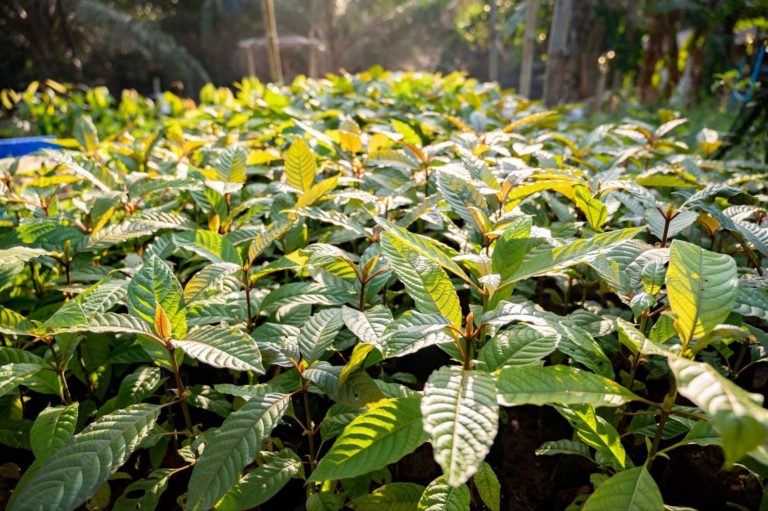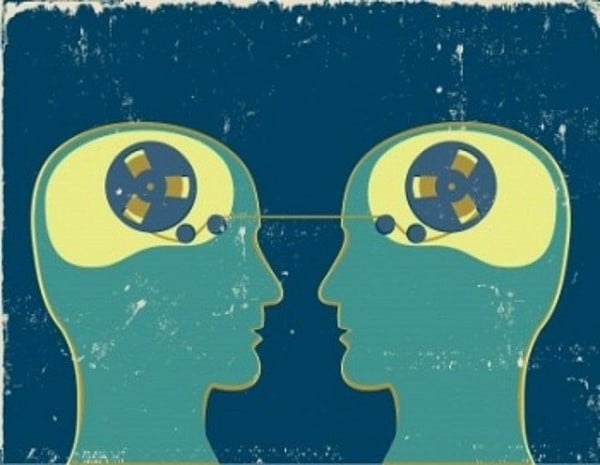
by Petar Petrov, Staff Writer for Terpenes and Testing Magazine and Extraction Magazine
It’s hard to say whether cannabis helps us look through the eyes of others, or makes our own too red and misty to view our own world clearly, let alone discern the one of others. According to a couple of pronounced studies, it’s the latter, especially when considering regular to heavy cannabis users.
But both empathy and cannabis use come in all kinds of shapes and forms. Those studies, while they’re certainly on to something, might be too theoretical and one-dimensional to fully reflect a concept as elusive as empathy in all its nuances and depth, especially amidst the extra-entangled connections in a cannabis enthusiast’s mind.
Why Cannabis Might Hinder Empathy
This question immediately evokes the stoner stereotype, the very embodiment of apathy and lethargy. It’s hard to imagine someone who vegetates on the couch all day is capable of too much empathy, just because they can’t even empathize with themselves enough to get their life together, let alone with others. And that’s not just a myth or a stereotype – one study associated long-term cannabis use with reduced dopamine synthesis ability, which was postulated as potentially leading to apathy and lack of motivation. (1)
This is consonant with a study from the University of Texas which found that daily cannabis use (3 times/day on average) is linked to shrinkage in the orbitofrontal cortex region of the brain, responsible for empathy. (2) That being said, the study also found that cannabis users’ brain connectivity increases, possibly to make up for the loss in size, which can mediate the negative consequences.
One of the most prominent studies on the matter, from Colorado State University (CSU), found that cannabis plays with our ability to register and process human emotions like happiness, sadness, and anger. (3) Participants were asked to respond to faces on a computer screen which depicted four emotions: neutral, happy, angry, and fearful.
Cannabis users, chronic and moderate ones, were particularly sensitive to the angry expressions and negative ones altogether, while being less responsive to positive expressions compared to non-users. Cannabis users and non-users scored the same at explicitly identifying emotions. Cannabis users did worse, however, when all participants were first given the “implicit emotional processing task” of identifying the face’s sex. After identifying the gender, the participants had to empathize with the emotion expressed on the face and rate their own ability to do so.
If that last part sounds somewhat confusing, it’s probably because it is, at least to a certain extent, and we’ll get into that below. Nevertheless the study does allude to a trend of lowered empathetic responses of cannabis users in this particular environment which is generally in line with other research.
The Study’s Limitations
There’s a reason why lots of studies include a limitations section. When it comes to studies like the one from the CSU, perhaps the biggest one is that it doesn’t sound like any of the researchers had actual, real-life experience with cannabis.
It’s hard to imagine that cannabis enthusiasts, and perhaps anyone for that matter, would feel particularly empathetic toward unknown faces on a computer screen, gathered from some database ala Pixabay, while being in a lab environment. The mere fact that identifying the sex of the faces was an actual task seems a bit puzzling, and it might have been to the cannabis users among the participants as well. Not to mention they had to rate their own ability to empathize, which is another probable cause for concern.
Overall, as enlightening as it might be, the study can’t possibly capture the full scope of something like empathy, and mostly seems to examine this emotion as an intellectual rather than visceral process.
Why Cannabis Might Increase Empathy
Heathy cannabis use, on the other hand, might have an entirely different relationship with empathy, and even though no study has established this directly, when you break down empathy and juxtapose it with the positive effects of cannabis, it’s hard not to see a connection.
Empathy is the aptitude to put yourself in someone else’s shoes, to look at life from a different perspective. Basically, it’s the ability to feel and think like someone else, and that’s just another form of divergent thinking (creativity) and spirituality – two of the cornerstones of cannabis culture.
Divergent Thinking
While there’s a vastly popular debate about the connection between cannabis and divergent thinking, even the mere popularity of this topic alludes to its existence. After all, you don’t hear anyone discussing whether beef steaks increase creativity or not. Just like with empathy, the debate stems largely from the focus on regular to heavy cannabis use, which naturally hinders divergent thinking.
Over 50% of cannabis users self-report that their enhanced creativity results from their acute cannabis use. (4) Various artists and cannabis experts have spoken about finding inspiration in cannabis, and many have found a strong link between creativity and empathy. (5) And here we’re not even talking about creating art, but about creating simple, human connections.
Spirituality
And when it comes to cannabis and spirituality, is there even a point going into this? Any cannabis enthusiast understands this connection almost as inherently as they understand themselves. To this day, the great Carl Sagan’s love letter to the flower and its mysterious cosmic powers is considered a symbol of the cannabis movement. LSD pioneer Timothy Leary had a similar idea, considering cannabis “the mildest of psychedelics”, and psychedelics are perhaps most famous for letting us tap into our encoded spirituality and dissolve our egos. And less ego equals more empathy.
At the end of the day, the effects of cannabis can span the entire spectrum of empathy and apathy, and which side you land on depends largely on dose and frequency of use, personality type, and of course, the object of sympathy or the lack thereof. What’s important to remember is that studies, as groundbreaking as they might be, can’t always tell the full, real-life story, especially when the main characters are as complex and even controversial as cannabis and human emotions.
References:
- Bloomfield et al, The link between dopamine function and apathy in cannabis users: an [18F]-DOPA PET imaging study, Psychopharmacology, 2014, 231(11): 2251–2259. (cited by 50; impact factor = 3.875)
- Filbey et al., Long-term effects of marijuana use on the brain, PNAS, 111(47): 16913-16918. (cited by 122; impact factor = 9.504)
- Troup et al, An Event-Related Potential Study on the Effects of Cannabis on Emotion Processing,PLOS ONE, 2016, 11(2): e0149764. (cited by 10; impact factor = 2.766)
- Schafer et al, Investigating the interaction between schizotypy, divergent thinking and cannabis use, Conscious Cogn., 2012, 21(1): 292–298. (cited by 34; impact factor = 2.272)
- Yaniv, D. Dynamics of creativity and empathy in role reversal: Contributions from neuroscience.Review of General Psychology, 2012, 16(1): 70-77. (cited by 32; impact factor = 1.492)
Image Credits: weedist


